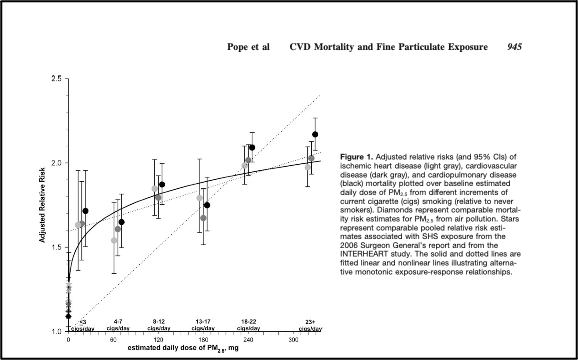EPA’s proposal falls far short and must be strengthened
After the EPA under the Trump Administration failed in their responsibility to protect public health and tighten the national air pollution standards of PM2.5, the Biden Administration is finally moving in the right direction. The current annual average standard is 12 ug/m3 (micrograms of respirable crystalline silica per cubic meter of air), and the EPA is now proposing to lower it to somewhere between 9 and 10. While a step in the right direction, 8 ug/m3 would be a better reflection of the threat air pollution poses to public health.
We are very disappointed, however, that they are not proposing to lower the 24 hour standard from its current level of 35ug/m3. Utah frequently fails to meet even the current standard. Lowering it to be more reflective of the health consequences could pressure the state into reducing exposure for residents.
We remind you, despite these standards, the medical research steadily becomes more convincing about this fact: there is no safe level of air pollution. Just like there is no safe number of cigarettes a person can smoke, there is no safe amount of air pollution a person can breathe. In fact, per unit of exposure, the health consequences are even stronger when the community air pollution levels are very low, as reflected in the graph below.

We urge you to be an advocate for your community and your family’s health and send a comment to the EPA to make the annual PM2.5 standard 8 ug, and the 24 hr standard 25 ug.
EPA will accept public comment for 60 days after the proposal is published in the Federal Register. Please keep an eye out for a link. In the meantime, you can send them a message through the American Lung Association’s website. EPA will also conduct a virtual public hearing over several days for this proposed rulemaking, with the hearing beginning at 9:00 am Mountain Time and concluding at 5:00 pm MT each day. Additional information will also be made available on the National Ambient Air Quality Standards (NAAQS) for PM webpage.
